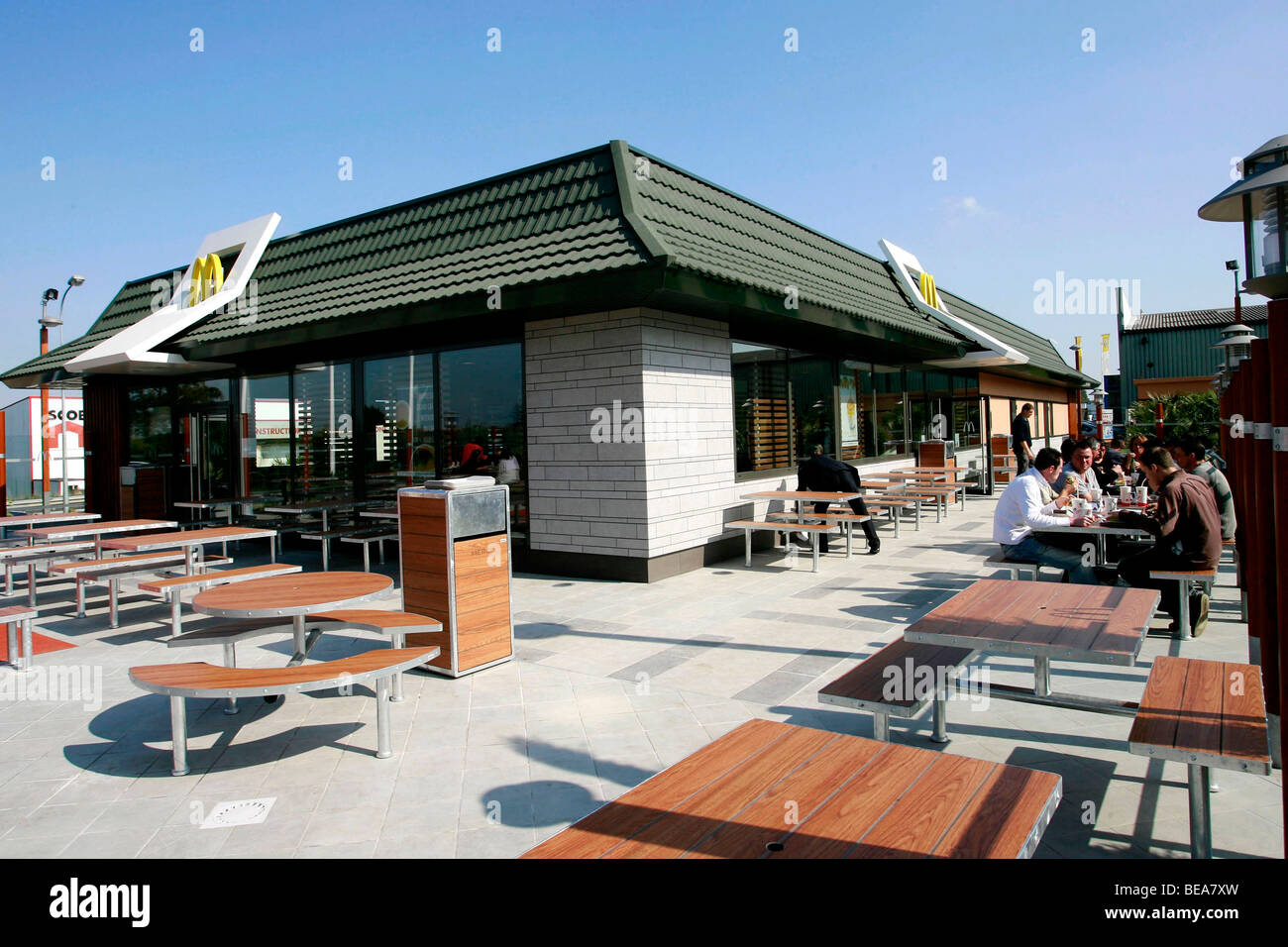

“ scale and reach allows us the opportunity, and candidly the responsibility, to tackle big challenges and make a big difference,” Fallon said. It also signed a strategic partnership agreement with Beyond Meat to co-create more plant-based menu items as part of its recently announced McPlant platform.įallon adds that the company, as one of the world’s largest beef purchasers, has convened partners across sectors to help shape sustainability standards alongside farmers, ranchers and suppliers “so the entire food industry can move forward toward more sustainably sourced beef together.” Another example of the work being done here is the deployment of satellite technology to help eliminate deforestation from the chain’s global supply chain by 2030. To get a glimpse of the extensive work being done here, the company recently announced it would link a percentage of executives’ incentive bonuses to hiring women and diverse employees.

Using this formula, the company has identified those four aforementioned categories (sourcing, climate action, community connections and a focus on equity). McDonald’s does so by listening to its customers and identifying the most material environmental and social impact areas. With several focus areas and audiences, and a footprint the size of McDonald’s, it is no doubt difficult to prioritize resource allocation. “There is enough evidence to demonstrate that companies that prioritize positive environmental and social impacts as part of their growth strategies tend to generate more sustainable returns for shareholders, are more resilient to economic and political shocks and have an easier time attracting and retaining talent,” Fallon adds.

Sixty-three percent of consumers believe brands should support their communities.Ĭonsumers aren’t the only ones clamoring for these efforts, however. Edelman research finds that 86% of consumers believe that brands are expected to solve both societal and personal problems, including the proper treatment of employees. A global study from Zeno Group shows that consumers are four to six more times more likely to purchase and champion purpose-driven companies, for example. Positive consumer sentiment is also a worthy ROI and there is an abundance of research to support such sentiment.
MCDONALDS CAFE INTERNATIONAL FOOD DRIVERS
“That is why it is important we continue to build momentum toward more holistic impact metrics tracking and a reporting regime that can bolster our collective ability to define and quantify value creation.”Īn example would be to use more advanced analytics to understand energy cost drivers at restaurants. “Everyone working in the ESG space knows how challenging it is to quantify a return on investment for the work we do in this space, especially with a decentralized franchise business model with an independent supply chain,” she said. The company is also working on a solution to fill that measurement void. Though it can be difficult to identify a return on investment from environmental, social and governance work, Fallon said the company saw a “measurable increase in trust” among its customers throughout 2020.
MCDONALDS CAFE INTERNATIONAL FOOD FREE
The Thank You Meals giveaway, Fallon notes, equates to about $63 million in free food. Throughout the past year, for example, McDonald’s gave away 12 million “Thank You Meals” to healthcare workers and first responders, hosted Kindness Kitchens in the Philippines to serve more than 100,000 meals to healthcare workers and donated millions of masks and millions of pounds of food throughout its global communities. Not only has it been critical for employee inspiration and morale during these unprecedented times, but we know that consumers are closely watching how companies are responding and even looking to business leaders for stability, and even hope,” Fallon said. “We felt we needed to reinvigorate our purpose during the pandemic. That is part of the reason McDonald’s “refreshed purpose” is a component of its broader Accelerating the Arches announcement. Though the company has long reported on its social responsibility efforts, the need to do better across the board has become even more urgent during the pandemic. “We are encouraging the whole company to be part of our efforts by ensuring that all of our impact strategies have cross-functional support and execution teams.” “Our social purpose strategy is largely fueled by the fact that we operate in nearly every community around the world and serve the equivalent of over 80% of the world’s population at least once a year,” Fallon said.


 0 kommentar(er)
0 kommentar(er)
